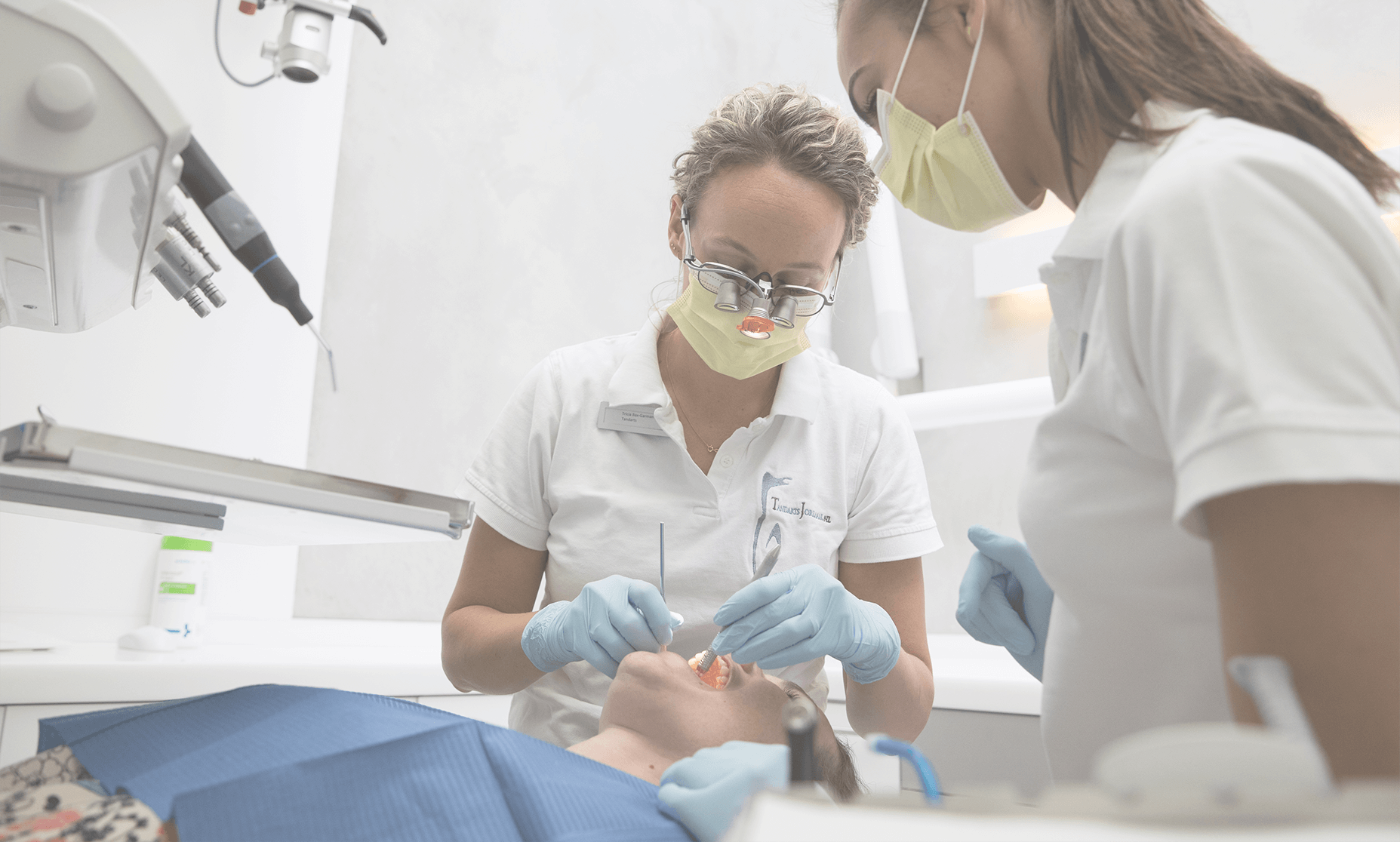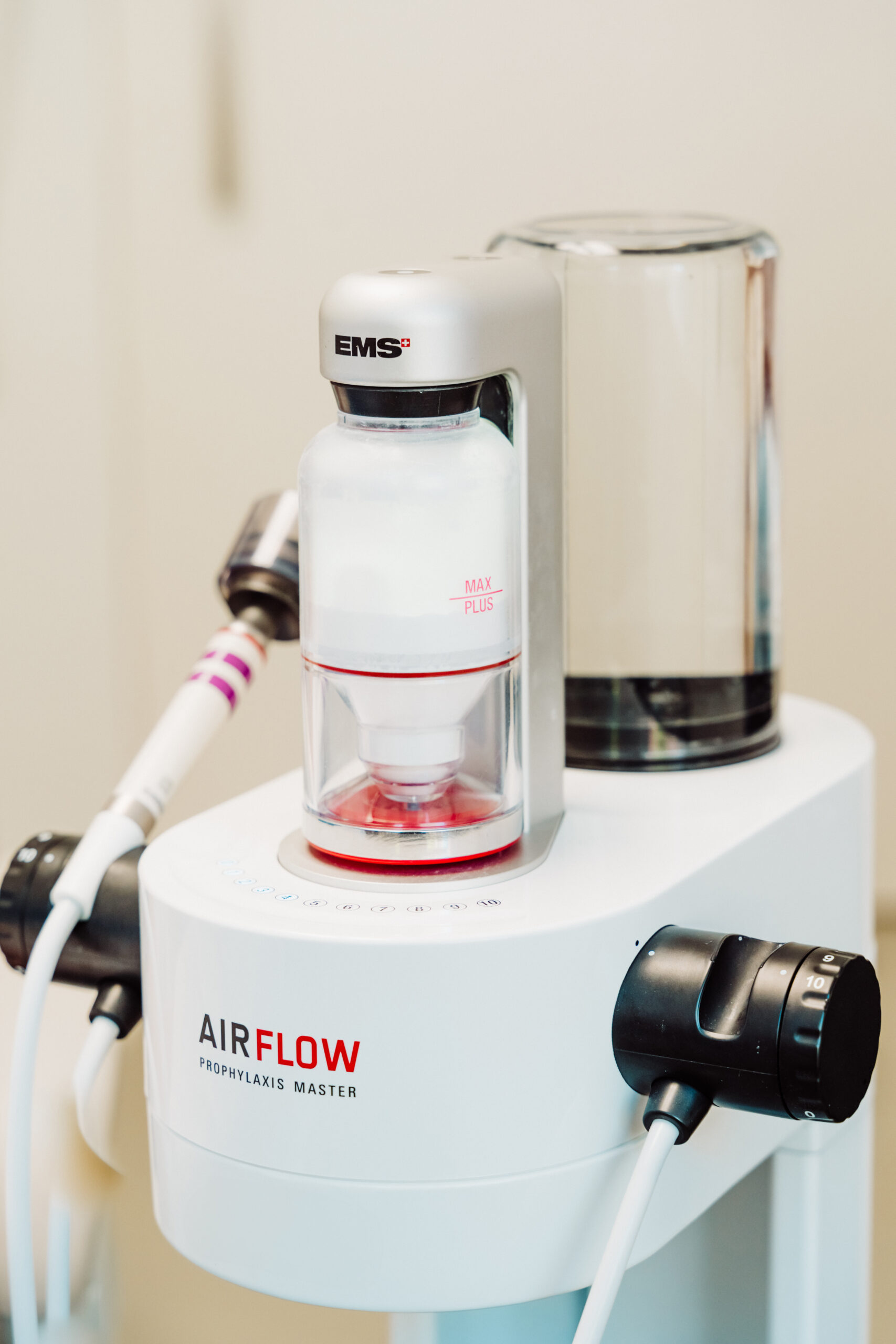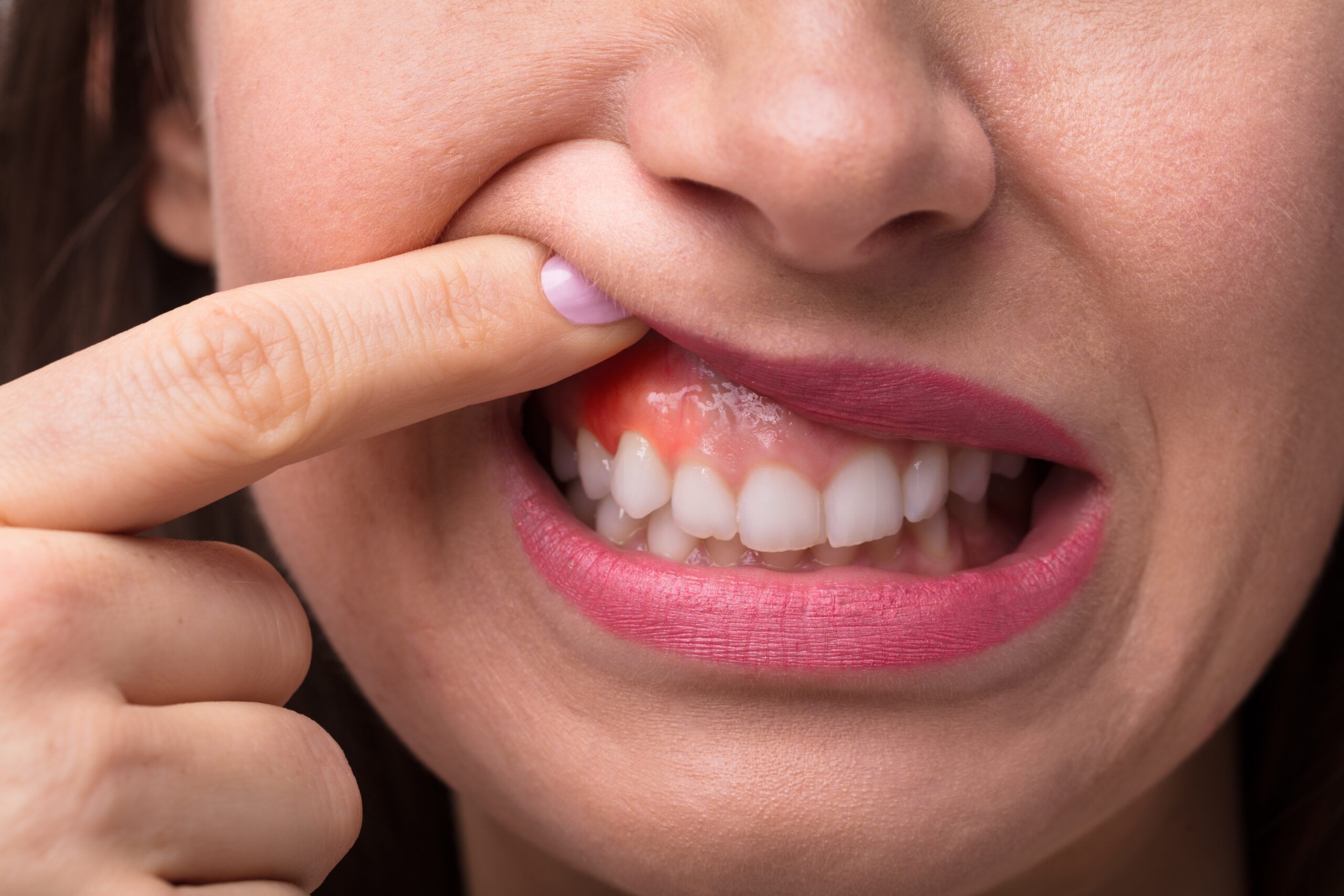Having your wisdom tooth extracted
Wisdom teeth can sometimes pose issues within your dental structure. It can be challenging to keep them clean, and they may cause damage, displacement, or problems with your other teeth. To prevent such situations, having your wisdom tooth extracted is usually the best course of action. How does the extraction process work, and what should you take into consideration after the procedure?
Below, you’ll find comprehensive information on the topic.
From anesthesia to removal
Many individuals feel apprehensive about having their wisdom tooth removed. Are you also feeling anxious or fearful? If so, consider asking your dentist for more details. They’ll be happy to provide reassurance.
Naturally, your dentist will perform the wisdom tooth extraction under anesthesia. You’ll receive a few anesthesia injections, which you’ll hardly feel. Once the anesthesia takes effect, the dentist will remove your wisdom tooth. Initially, they’ll elevate your tooth using an elevator. Usually, the wisdom tooth comes out in one piece, but occasionally it may need to be extracted in segments. Thanks to the anesthesia, the procedure is painless.
Post-procedure care
Proper aftercare is crucial after having your wisdom tooth extracted. There are a few things to keep in mind. Your cheek might swell or feel tender. Experiencing this discomfort? Wrap a cold pack or a bag of frozen peas in a tea towel and apply it to your cheek. This will help alleviate the swelling.
Additionally, it’s advisable to rinse the wound with salt water twice a day after your tooth extraction. Start this process from the second day onward, and definitely avoid doing so on the first day. On the first day, the wound’s blood needs to clot. Rinsing with water and salt speeds up the healing process and makes it easier to consume solid food.
It’s wise to avoid alcohol and aspirin on the day of the procedure. If the anesthesia starts to wear off and you experience discomfort, you can use paracetamol or ibuprofen as pain relievers. You can even return to work on the day of the procedure!
What to eat after wisdom tooth extraction?
Consuming solid food might be painful in the initial days after your wisdom tooth is extracted. During this time, opting for liquid food is more comfortable. However, be cautious not to consume hot food on the first day, as it can lead to prolonged bleeding. Here are some suitable options:
- Yogurt
- Smoothies
- Lukewarm or cold soup
- Once you begin rinsing with water and salt twice a day, you can gradually transition back to consuming solid foods.
The cost of wisdom tooth extraction
Of course, the procedure isn’t free. The cost of having your wisdom tooth extracted depends on the practitioner performing the procedure, your insurance coverage, and the complexity of the treatment.
- If the dentist performs the procedure, it’s covered by supplementary dental insurance. In such cases, you won’t have to pay a deductible and may have no or a minimal co-payment. Some insurers cover the entire cost, while others cover 75 or 80 percent. Check your policy terms to see what applies to you.
- Sometimes, it might be better for the tooth to be removed at a hospital. The decision is made by the dentist based on X-ray images. If a dental surgeon performs the procedure, it falls under the basic insurance coverage. In this case, you’ll need to pay the deductible, but there won’t be a co-payment.
- Dental surgeons typically handle more complex procedures, so having your wisdom tooth extracted by a surgeon might be more expensive than by a dentist. The total costs with a dentist usually hover around 100 euros, whereas with a surgeon, it can go up to 400 euros.
Experiencing discomfort due to your wisdom tooth? Don’t hesitate to schedule an appointment at Tandarts Jordaan. Together, we’ll determine the best solution.
If you’d like to know more about our dental practice in Amsterdam, continue reading about Tandarts Jordaan.





